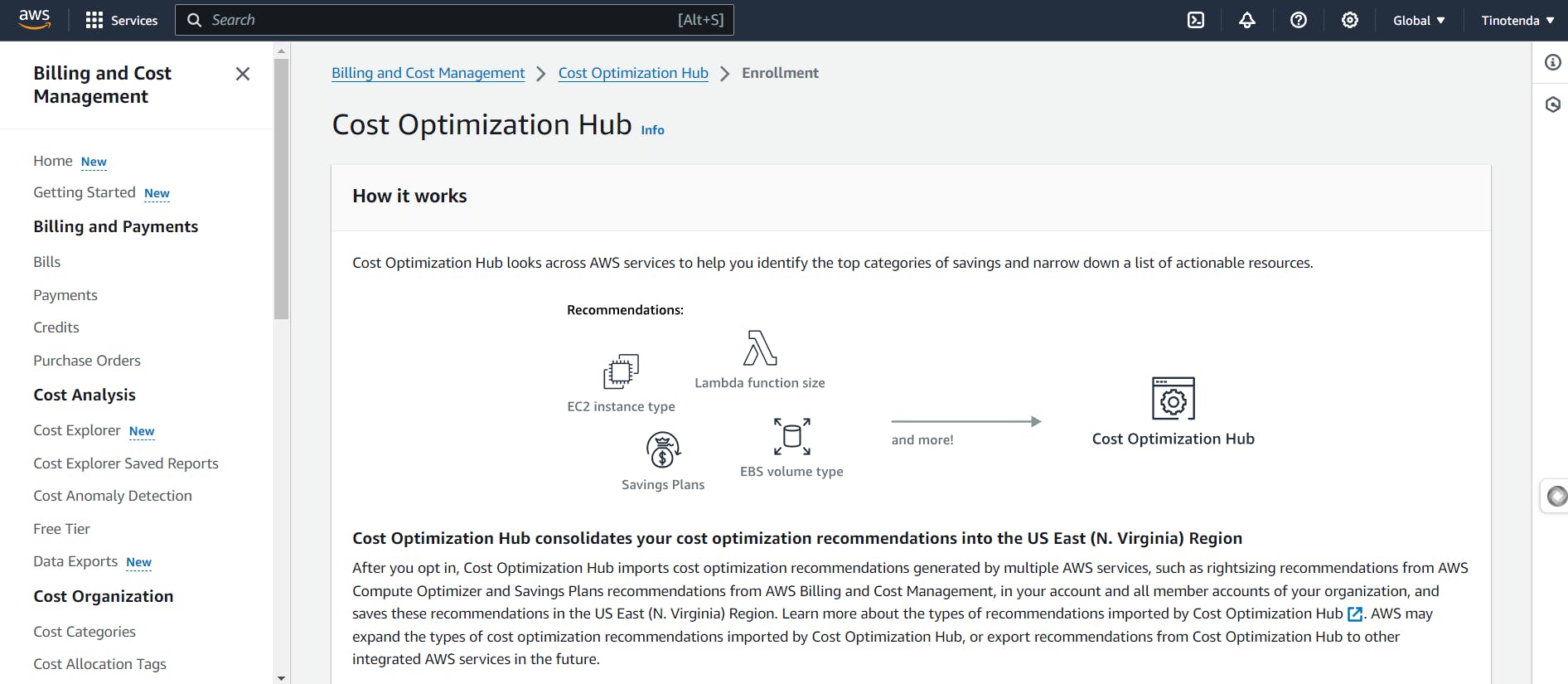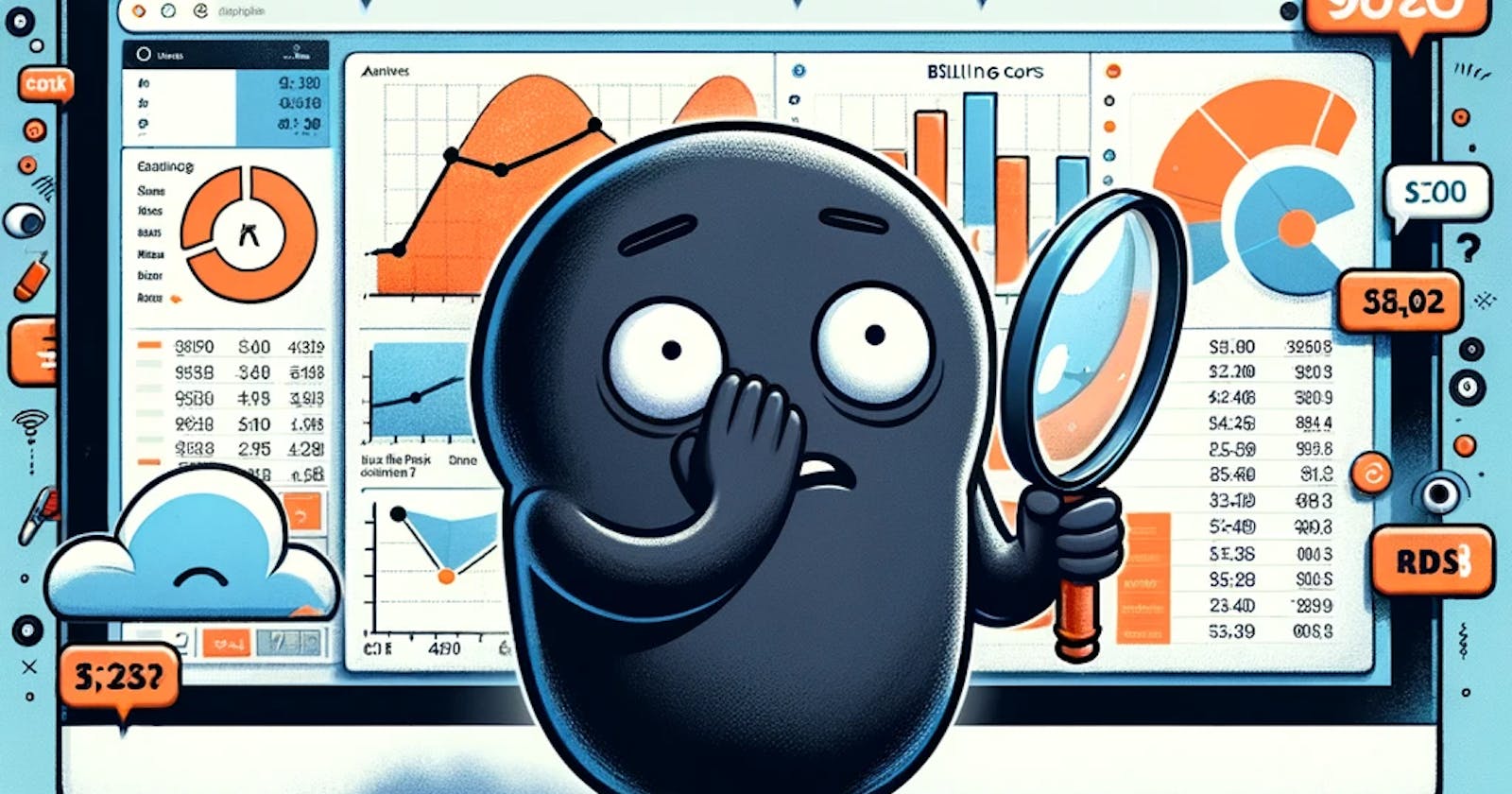If you manage AWS accounts for a company, you've probably gotten an email from your boss that makes your heart sink. It starts with, “We need to discuss our AWS charges.” Such emails always gave me a chill. Why? Because they mean it's time to explain why we spent what we did on AWS. This isn't just about going over numbers; it's about proving that every cent spent was worth it. It's a big deal because it tests how well I can keep our cloud costs in check while making sure we're getting all the tech benefits we need. That email is a big moment, showing if I’ve managed to balance our tech needs with our budget.
The Challenge of AWS Cost Management
Managing AWS costs is akin to walking a tightrope. On one side, there's the allure of cutting-edge technology; on the other, the stark reality of budget constraints. Cloud costs are notoriously variable, adding a layer of complexity to financial management in a tech-driven environment. The need for a solution is clear.
Discovering FinOps: A Game Changer
One Linkage, the company l work for, recognizing the tightrope walk of managing AWS costs, stepped in with a game-changer for me. They invested in the FinOps course and exam, a move that not only underscored their commitment to excellence in cloud financial management but also equipped me with the tools to transform our approach to cloud spending.
FinOps, or Financial Operations, is all about mastering the art of balancing cloud costs with innovation. It’s a set of practices designed to bring financial accountability to the variable spending model of the cloud, ensuring that we get the most bang for our buck. By aligning tech investments with business outcomes, FinOps promises to bridge the gap between the need to innovate quickly and the imperative to manage budgets effectively, ensuring that every cloud decision is both technologically sound and economically viable.
The FinOps Journey
FinOps Foundation Certified Practitioner course
I took the FinOps Foundation Certified Practitioner course as my first step towards mastering the FinOps framework. The course is divided into comprehensive sections that cover an introduction to FinOps, understanding how the cloud affects IT, detailed explorations of the FinOps framework, principles, and the operational phases of Inform, Optimize, and Operate. It also includes the motivations behind FinOps, the structure of a cloud bill, and the essentials of running a FinOps team, leading to the maturation of FinOps practices.
The course provides interactive training modules, combining written content with videos and offering year-long access to online resources. The course materials consisted of detailed written content, videos, and interviews with FinOps practitioners. While some interviews provided valuable insights and practical advice, others were less effective.
The exam
Taking the FinOps Certified Practitioner exam turned out to be a straightforward experience, especially after thoroughly going through the course material. The exam itself lasts only 60 minutes, which felt more than adequate. I completed it in about 45 minutes without feeling any pressure or rush. Unlike some other certifications, this one is administered online and unproctored. This means you can take it from the comfort of your own browser without needing to install any surveillance software or having someone watch you through your webcam.
Another comforting aspect of the exam process is that it comes with three attempts right off the bat. This allows for a low-pressure approach where you can test your readiness as soon as you feel you've grasped the material, offering a practical gauge of whether you're at the required level of understanding.
Implementing FinOps Principles: The Real-World Impact
First Steps and Early Wins
After obtaining my FinOps certification, the first change I implemented at One Linkage was the use of AWS's newly introduced Cost Optimization Hub. Announced on November 26, 2023, this feature in AWS Billing and Cost Management simplifies the process of identifying and quantifying savings from AWS cost optimization recommendations. It streamlines interaction with suggestions for idle resource detection, resource rightsizing, and purchasing options across various AWS Regions and accounts, eliminating the need for cumbersome data aggregation and processing.

By incorporating the Cost Optimization Hub into our financial operations, we could easily identify potential savings, evaluate the impact of implementing specific recommendations, and prioritize actions based on expected savings. This tool was crucial in our efforts to optimize spending and enhance efficiency, marking a significant advancement in managing AWS accounts and embodying the FinOps principle of financial accountability in cloud spending. This initial change ignited a series of improvements that collectively revolutionized our cloud financial management practices, fostering enhanced collaboration between our technical and financial teams and promoting a culture of cost-awareness and efficiency.
Long-Term Transformations
The adoption of FinOps practices led to significant organizational changes, fostering a collaborative culture between our technical and financial teams. This cultural shift has been instrumental in making our cloud investments more strategic and aligned with our business objectives.
The Cultural Shift: Beyond Numbers
The most transformative aspect of adopting FinOps has been the cultural and organizational shift within our company. Decisions about cloud investments are now made with a balanced view of technology capabilities and financial implications, leading to a more cost-aware and efficient operational model.
Continuing the FinOps Journey
FinOps is an ongoing journey of learning and adaptation. The field is dynamic, reflecting the evolving landscape of cloud computing and financial operations. As a certified professional, I'm committed to staying informed and adaptable, continuously seeking new strategies and insights to improve our cloud financial management.
Starting with a daunting email about AWS charges, my journey to becoming a FinOps-certified professional has radically transformed our approach to cloud cost management. The value of FinOps extends beyond cost control; it fosters a culture of financial accountability and innovation. I encourage you to explore FinOps certification for yourself and start your journey towards more effective cloud cost management. The FinOps Foundation offers a wealth of resources to guide you through the certification process and beyond.
I will be publishing a series of posts about the adoption of FinOps, along with other interesting concepts in the FinOps field. Stay tuned.😉

